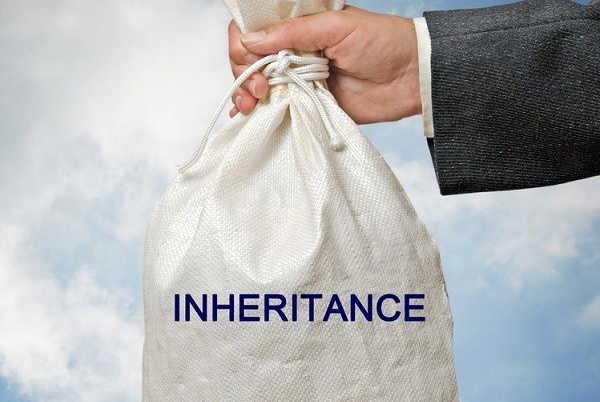“Be prepared and save money: Sign a Power of Attorney for Property”
By Donna Neff and Natalie Sanna
Publication: Parent-Child Guide Book, Lanark, Leeds and Grenville
Volume 15 Number 3 Summer 2014
Publication: Parent-Child Guide Book, Lanark, Leeds and Grenville
Volume 15 Number 3 Summer 2014
Publication: Parent-Child Guide Book, Lanark, Leeds and Grenville
Volume 16 Number 1 Fall 2014


As soon as people find out that I work in the area of wills and estates, they invariably want to know what happens to the assets in a person’s estate if the person dies without a Will. Dying without a Will is known as dying ‘intestate’. At our law office in Stittsville (Ottawa), we often meet with clients who have applied or who intend to apply to be named as Estate Trustee Without a Will so that they can take care of the estate of a person that died without a Will. One of the many things we can help with is determining how and when to distribute the deceased’s estate … basically who gets what and when.

Have Your Current Will and Powers of Attorney Reviewed

I recently received an email from a client with a question that I am often asked. I had recently met with Steve (not his real name) at my law office in Stittsville near Ottawa regarding his role as executor of his mother’s estate. Steve will be moving away from Ottawa at the end of the summer and he wondered if he should sign a new Will and Powers of Attorney after he gets settled in.


It’s almost summer and the real estate market is definitely in full swing. Some properties that sold earlier this Spring have closing dates very soon including one of our clients, Raymond (not his real name).
I met with Raymond last March about his dad’s estate. He is the executor (also called an estate trustee) in his dad’s Will.
Raymond had some questions about executor compensation and passing his accounts. He also had just sold his dad’s house and an issue had come up. When negotiating the purchase date, Raymond forgot that he would be out east for his daughter’s wedding on the day of closing.


At our law firm in Stittsville (Ottawa), we focus on wills, estates, trusts and related work. Because of this focus, we work with a lot of people who have been appointed as the executor (also called an ‘estate trustee’) of an estate.
As executors quickly find out, acting as an executor can be a big job. Some executors are surprised to learn that an executor can be paid for the estate administration work that the executor does.


I recently met with Jill (not her real name) at my law office in Stittsville (Ottawa). Jill’s brother recently passed away. Although they had talked about it many times, her brother had never gotten around to doing a Will. In the law, we say that he died ‘intestate’. Jill was prepared to act as his executor but wasn’t sure of the process. Someone had also told her she would need something called an ‘executor’s bond’ but she wasn’t sure what that was.


At our law office in Stittsville (near Ottawa), we have talked with clients who are beneficiaries of a Henson Trust. Most often, a parent or other relative has included a Henson Trust in his or her Will to help the trust beneficiary who has a disability. Receiving an inheritance by way of a properly-drafted Henson Trust can mean the trust beneficiary’s benefits under the Ontario Disability Support Program (‘ODSP’) won’t be affected. A Henson Trust can also be set up in a separate document.

I recently received an email from Jim who had some questions about his uncle’s estate and probate fees. Jim lived in India. Jim’s uncle, who was also a resident of India, had recently passed away leaving a Will. Jim was named as executor (or Estate Trustee with a Will). His uncle had been a frequent visitor to Canada and had invested in a couple of Canadian GICs. Jim wasn’t sure what authority he needed to cash out the GICs. He was also wondering about probate fees. He was hoping there was a way to avoid paying probate fees (or
in Ontario, ‘estate administration tax’) on the GICs.

I’ve had some heartbreaking conversations with clients about Powers of Attorney – or rather, the lack of one. One of these conversations was with Trudy* and Nick* who had been married for over twenty years. Almost five years ago when he was just 55, Nick, was diagnosed with early onset Alzheimer’s. At the time, Trudy said they were so overwhelmed with the diagnosis that they couldn’t bring themselves to see a lawyer to do their Wills and Powers of Attorney. After a few years, Nick’s condition deteriorated to the point where he just didn’t have the mental capacity required to sign any documents. Sadly, it was already too late when I met him.